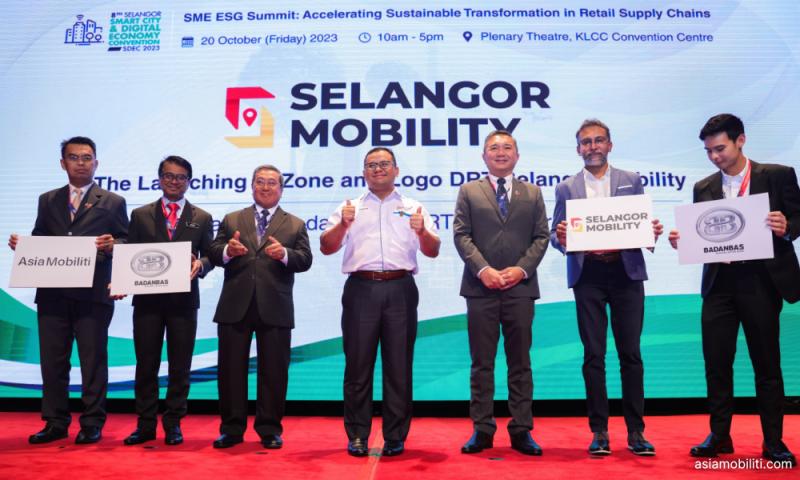LETTER | Power, politics and procurement
LETTER | The fabric of our country’s governance is once again tested as revelations involving Youth and Sports Minister Hannah Yeoh and her husband, Ramachandran Muniandy, raise serious questions about the transparency and integrity of Selangor’s tender processes.
The controversy centres on the procurement of a state project by Asia Mobility Technologies Sdn Bhd (Asia Mobiliti), a firm led by Muniandy, sparking debates over potential nepotism within the corridors of power.
This incident not only draws scrutiny due to the familial ties involved but also because of the broader implications it has for the public’s trust in their elected officials.
DAP, which Yeoh represents, has long positioned itself as a bastion against corruption and a proponent of transparent governance. Thus, this situation tests both the legal and ethical fibres of the individuals directly involved and the foundational principles of DAP itself.
A comprehensive examination of this case is crucial, and several key questions emerge that require forthright answers:
Selection criteria transparency: What criteria were employed in awarding the project to Asia Mobiliti, and were these criteria applied consistently across all competing bids?
Handling conflict of interest: Given Yeoh’s proximity to a beneficiary of the tender process, what steps were taken to ensure that her connection did not influence the decision-making process? Documentation of her recusal, if any, would be instrumental in dispelling concerns of undue influence.
Oversight and regulatory mechanisms: Beyond Yeoh and her husband, understanding the role of other decisionmakers, like Selangor state executive councillor Ng Sze Han, and the checks in place to ensure an unbiased outcome is vital. How did Ng justify the selection, and what safeguards were implemented to prevent favouritism?
Consistency with political stances: How do Yeoh and Ng reconcile their roles in this controversy with their past public declarations against corruption and nepotism?
Impact on governance and public trust: Assessing how this issue affects the broader policy landscape is essential. Public response and sentiment are critical barometers of trust, and the government’s handling of this fallout will be telling of its commitment to ethical governance.
Public’s waning patience
As the situation unfolds, the responses - or lack thereof - from Yeoh and Ng will be telling. The public’s patience for political rhetoric is waning, and there is a growing scepticism about whether any substantive action will be taken.
In an environment where trust is diminishing, the rakyat is increasingly considering alternatives that may promise greater accountability and transparency.
This moment is not just a test of individual integrity but a defining one for the standards of public governance. The actions taken now by these leaders, or their failure to act, could very well determine their political futures.
As the public eye turns ever more critical, the question remains: will this controversy catalyse a commitment to reform, or will it be another example of promises unfulfilled? The rakyat’s trust hangs in the balance, and their votes might just swing in search of integrity and transparency they can believe in.
MAHATHIR MOHD RAIS is Perikatan Nasional Federal Territories state secretary.
The views expressed here are those of the author/contributor and do not necessarily represent the views of Malaysiakini.
RM12.50 / month
- Unlimited access to award-winning journalism
- Comment and share your opinions on all our articles
- Gift interesting stories to your friends
- Tax deductable
